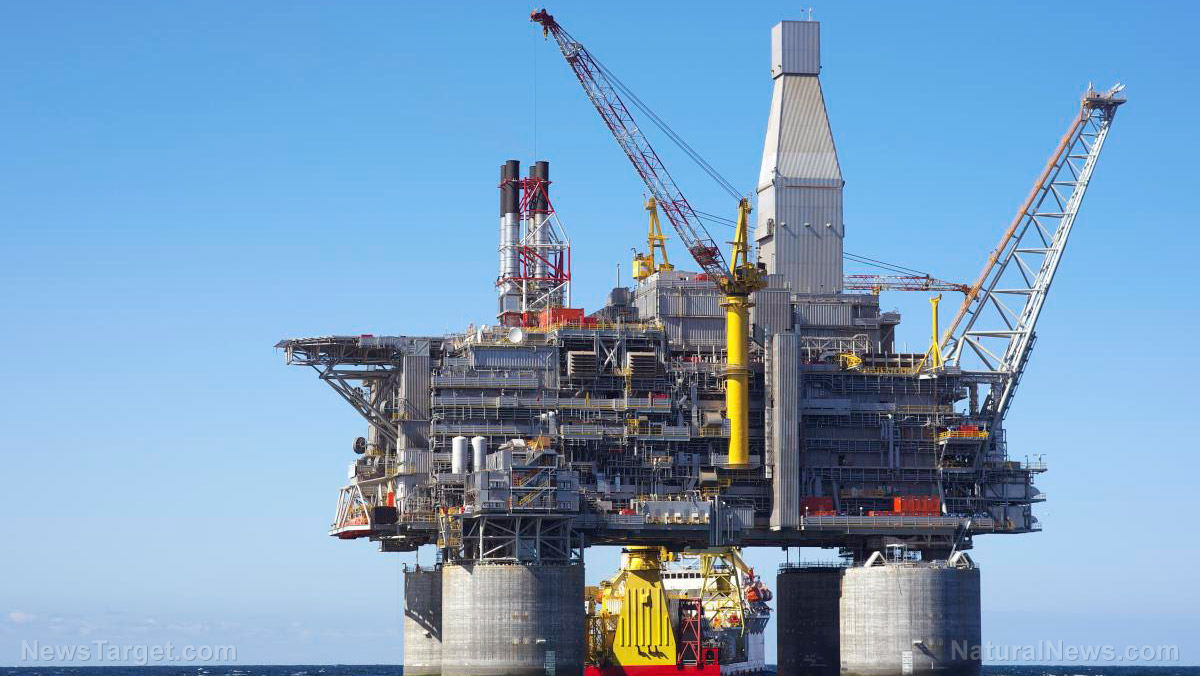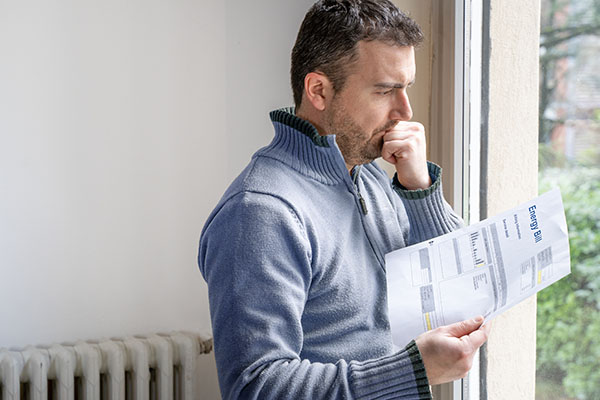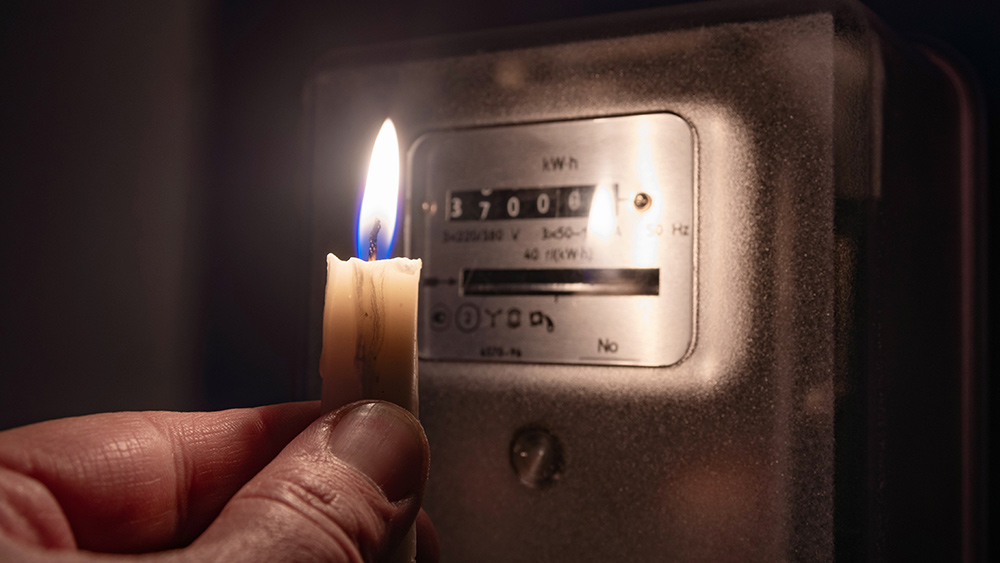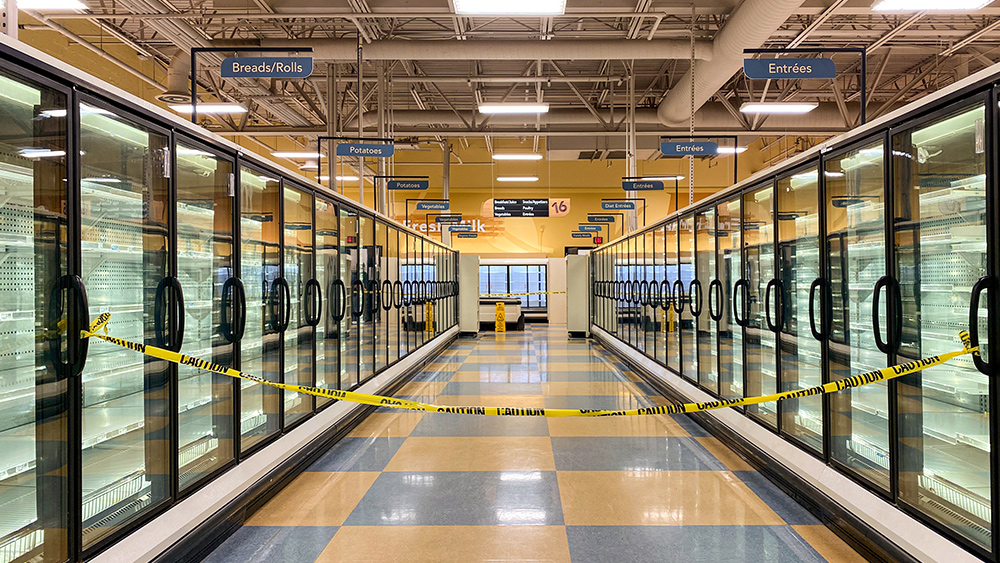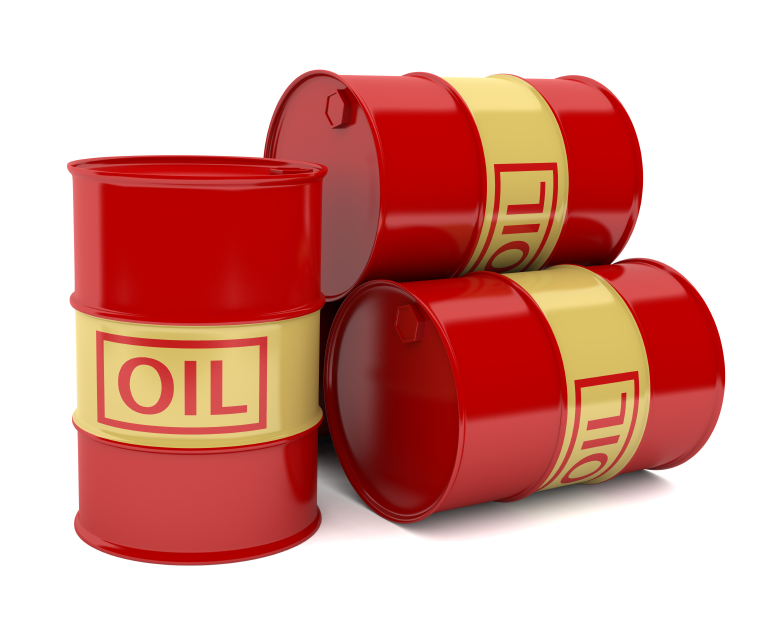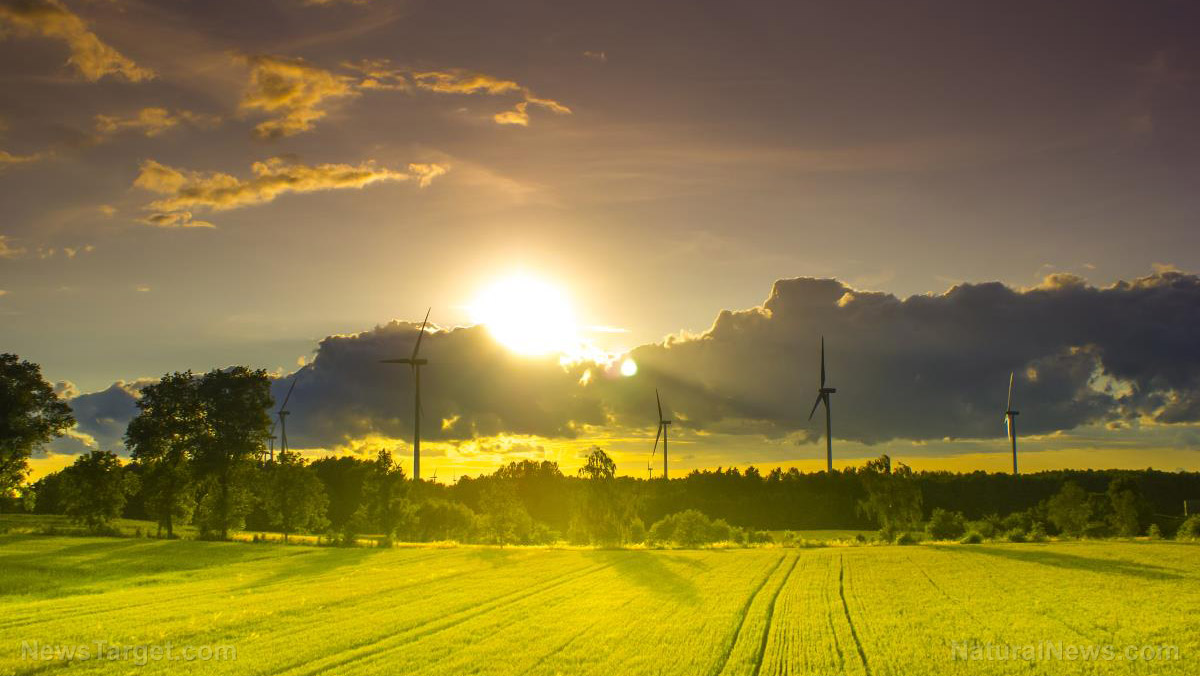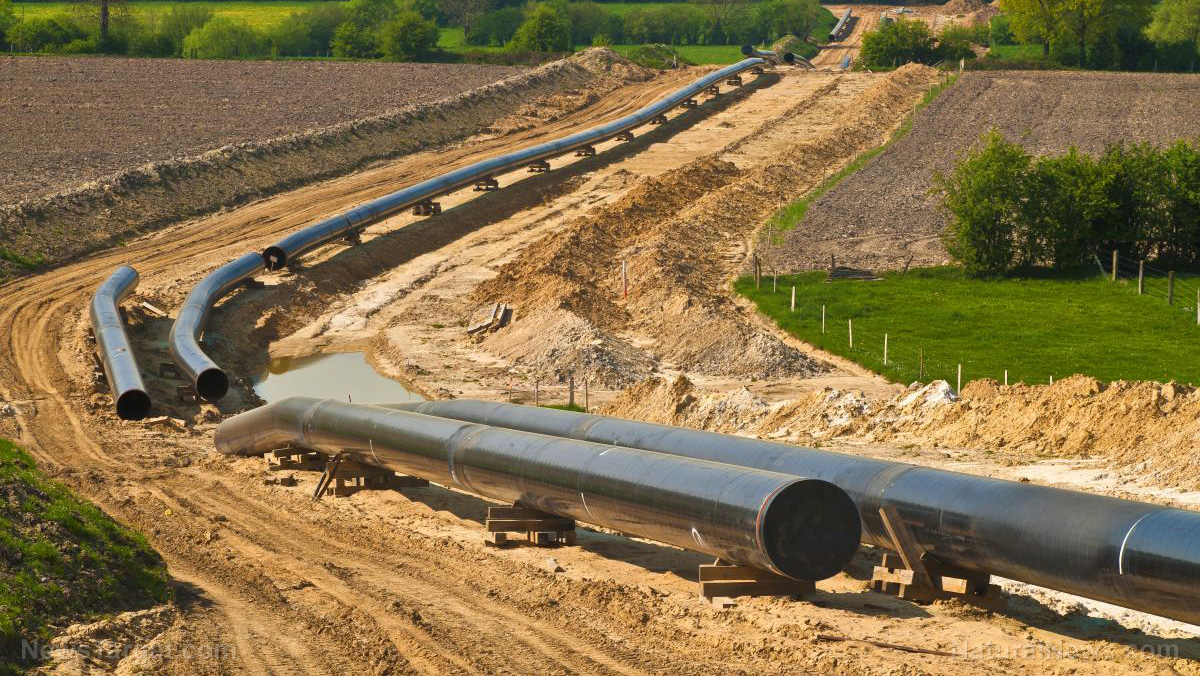Home insulation not all it’s cracked up to be for saving energy, study finds
01/10/2023 / By Ethan Huff
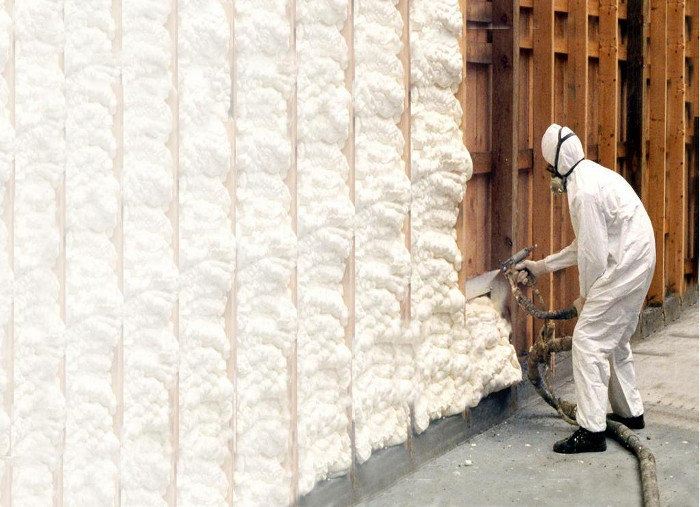
The energy-saving benefits of insulating your home against the elements might not be as worthwhile as we have all been led to believe, a new study has found.
Policy experts from the University of Cambridge looked at loft and wall insulation setups in England and Wales to see for how long and how much energy they saved. The researchers found that the benefits of insulation are minimal and short-lived.
Initially, gas consumption in each insulated household dropped slightly. After the fourth year, however, all energy savings disappeared due to a “rebound effect,” a term the researchers used to describe changing behaviors in insulated households that canceled out any initial benefits.
Houses with extensions and / or conservatories performed especially bad, with the latter losing all energy-saving benefits after the first year. (Related: In 2020, Chinese scientists developed a new kind of insulation inspired by polar bear fur.)
There wouldn’t be an energy crisis if the globalists weren’t forcing one with their disastrous policies
The reason this study was piloted has to do with Europe’s ongoing energy crisis, which has politicians desperately searching for solutions. One of them included retrofitting people’s homes with insulation to trap in more heat.
The idea is that by better insulating people’s dwellings, less energy will be used, minimizing the chances of a dark winter marked by blackouts. This latest research, however, tells a different story.
In the United Kingdom, efforts are afoot to retrofit as many buildings as possible with insulation in order to reduce energy consumption by at least 15 percent over the next eight years.
The Labour party has said that insulating homes in the UK should be a “national mission” because it could help to save people £11bn (about $1.32 billion) over the next three years.
Opposition parties, meanwhile, argue that while retrofitting more homes might help fight fuel poverty, it will not function as any kind of “magic bullet” to reduce energy use because people will just end up using more energy, resulting in no tangible energy use reduction.
Well-insulated homes can get stuffy, for instance, prompting residents to open up more windows for a breeze. Doing this negates any energy savings by causing heat pumps and radiators to have to work harder to maintain ambient temperatures.
None of this would even be an issue at all had Western leaders not imposed sanctions against Russia over its invasion of Ukraine. Cheap and abundant gas would have continued flowing to Europe and all would have been well.
Instead, the European Union (EU) and the UK cut themselves off at the knees energy-wise, and now its corrupt leaders are scrambling to come up with more questionable solutions and excuses to explain away why they keep failing.
“… as energy efficiency improves, along with the cost of things we buy, we have more money to spend in other ways,” writes Paul Homewood for Watts Up With That. “In terms of energy, most people, I suspect, would use better insulation to enjoy warmer homes, not reduce bills.”
“Equally they will tend to buy conservatories etc., which will increase energy consumption. And, yes, people will open windows to let fresh air in – we have our bedroom windows open at night even in mid-winter. (No doubt the Guardian would be horrified!)”
In the comments, someone added that the rebound effect on energy efficiency is already a well-understood concept that should not have required another new study to confirm.
“Of course the utilities ignore it because they make big bucks off their ridiculous efficiency programs,” this person further wrote.
More related news can be found at Power.news.
Sources for this article include:
Submit a correction >>
Tagged Under:
big government, electricity, energy crisis, energy report, energy supply, fuel supply, green living, insulation, power, power grid, rationing, real investigations, research, scarcity, supply chain, truth
This article may contain statements that reflect the opinion of the author
RECENT NEWS & ARTICLES
COPYRIGHT © 2022 FuelRationing.news
All content posted on this site is protected under Free Speech. FuelRationing.news is not responsible for content written by contributing authors. The information on this site is provided for educational and entertainment purposes only. It is not intended as a substitute for professional advice of any kind. FuelRationing.news assumes no responsibility for the use or misuse of this material. All trademarks, registered trademarks and service marks mentioned on this site are the property of their respective owners.


